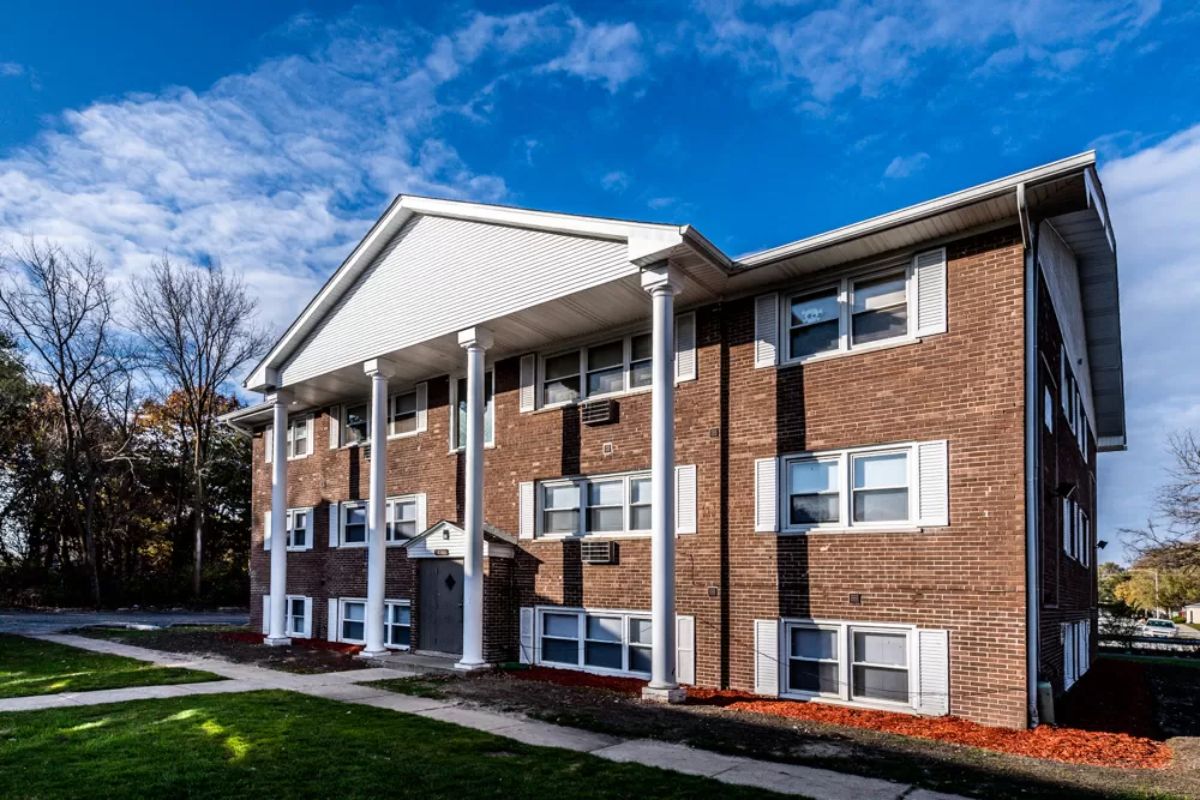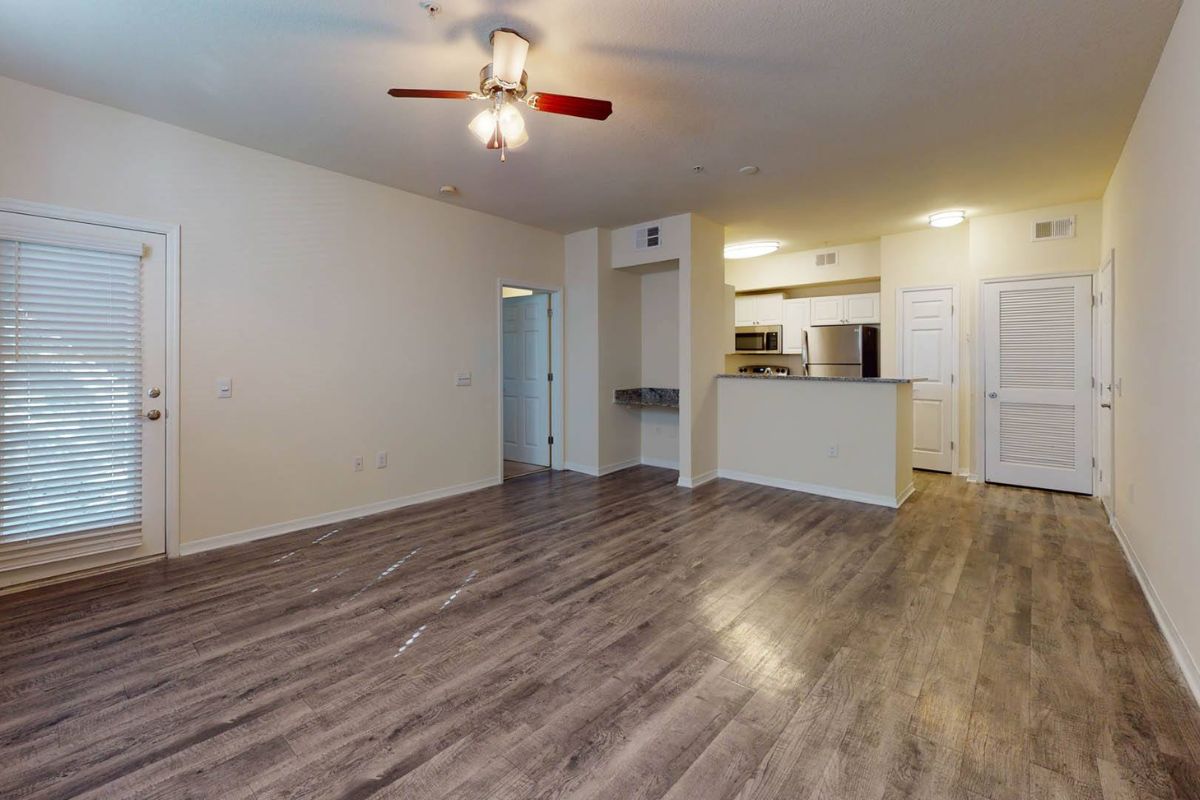As a tenant vacates a rental property, it is crucial for them to return all keys to the landlord as part of their obligations. Unfortunately, some tenants may overlook this responsibility, leading to potential security concerns for the landlord. The keys are the property of the landlord and must be returned upon the expiration of the lease agreement. If you have failed to return all the keys, your landlord has the right to charge you for the cost of replacing them for the next tenant.
In this blog post, we will delve into the consequences of not returning keys and explore practical measures that landlords can take to safeguard their property.
Risks Associated with Not Returning Rental Property Keys
There are several risks associated with not returning rental property keys. Some of these risks include:

Security Risk
When a tenant does not return the keys, they could potentially still have access to the rental property. This poses a security risk to the landlord and any other tenants who may be residing in the property. Without the keys, the landlord cannot guarantee that the property is secure, which can lead to theft or damage.
Financial Risk
If the tenant does not return the keys, the landlord cannot re-rent the property to new tenants until the locks are changed or rekeyed, which can be a costly process. The landlord may also lose rental income during this time, which can lead to financial strain.
Legal Risk
If the tenant does not return the keys, it can be considered a breach of their lease agreement. In some cases, the landlord may be able to take legal action against the tenant, such as filing for eviction or suing for damages.
Inconvenience
The landlord may have to make arrangements to meet the tenant to retrieve the keys, which can be inconvenient and time-consuming. This can be particularly frustrating if the landlord needs to re-rent the property quickly.
Financial Responsibility
If a tenant fails to return keys, they may be financially responsible for the cost of replacing the keys and potentially changing the locks for security reasons. The tenant can be charged for duplicating keys and locksmith services, as stated in the rental agreement. These expenses aim to ensure the security of the property and protect future tenants.
Related: Can A Landlord Kick You Out For No Reason?
Security Measures and Procedures for Landlords Handling Tenant Access
As a landlord, there are several security measures and procedures you can implement to ensure the safety of your property and your tenants when it comes to tenant access. Here are some best practices to consider:

Rekey or Replace the Locks
The best thing to do is change the security that this person still has access to. You can rekey the existing lock, to save a bit of money. Rekeying will be faster and cheaper than replacing the hardware altogether. If you are going to replace the lock altogether, I would recommend changing the brand of the lock so that the ex-tenant cannot make a bump key. You should rekey the locks every time that a person moves out. There is no telling how many keys they have made.
Even if you stamp the keys with a "Do not duplicate" marking, this does not protect you from unauthorized duplication. Most home improvement stores don't even look twice at the keys they copy, and there is nothing illegal about copying a key with this marking.
Gate Controller System
When it comes to the gate controller, what kind of system is it? Does each controller have the little sliders, or are they programmed by a machine? If it is the former, then getting your controller back gives you no indication of your real security. It is important to assess the type of gate controller system you have in place and take appropriate measures to secure it. For instance, you may consider changing the access code or updating the system to a more secure one.
Late Fees
Late fees can be a frustrating issue for landlords when tenants fail to return keys. While you may be tempted to take matters into your own hands and withhold the tenant's security deposit or charge additional fees, it is important to consult with an attorney. Landlord forums can also be a useful resource for gaining first-hand information about these issues. It is important to keep a record of all communication with the tenant and any fees charged to avoid legal issues down the line.
Contacting the Police
If a tenant refuses to return the keys, it can be tempting to involve the police. However, it is important to seek legal advice before taking this step. Keeping a record of the tenant's information, such as a photo and any other relevant details, can be useful in the event of a robbery or security breach.
Conclusion
In conclusion, tenants not returning keys can pose a significant security risk to landlords. It is important to take appropriate measures to secure the property, such as rekeying or replacing the locks and updating gate controller systems. Late fees and contacting the police should only be done after seeking legal advice.





